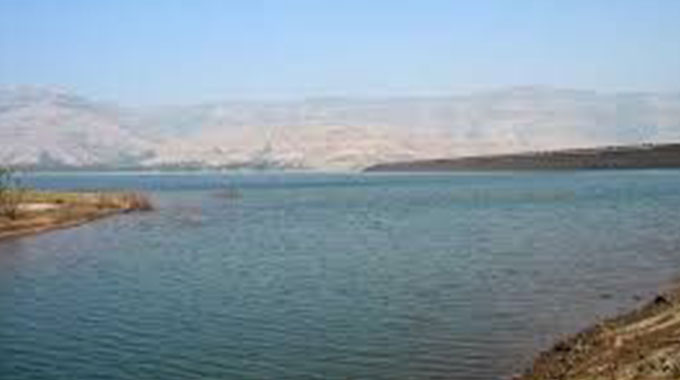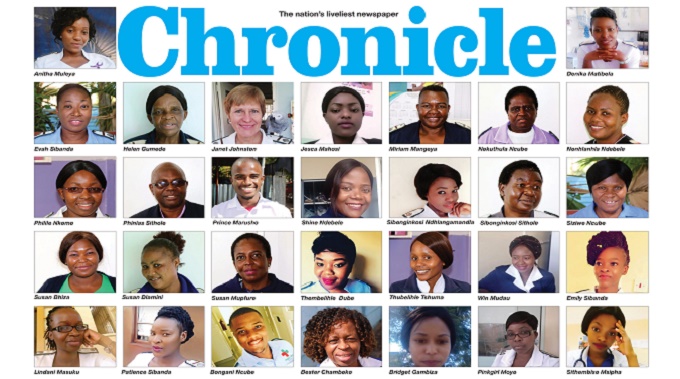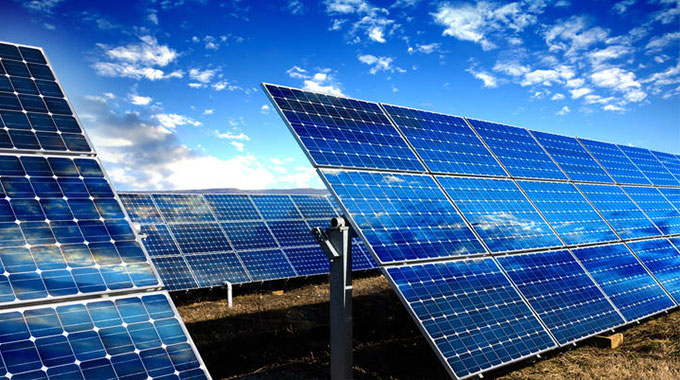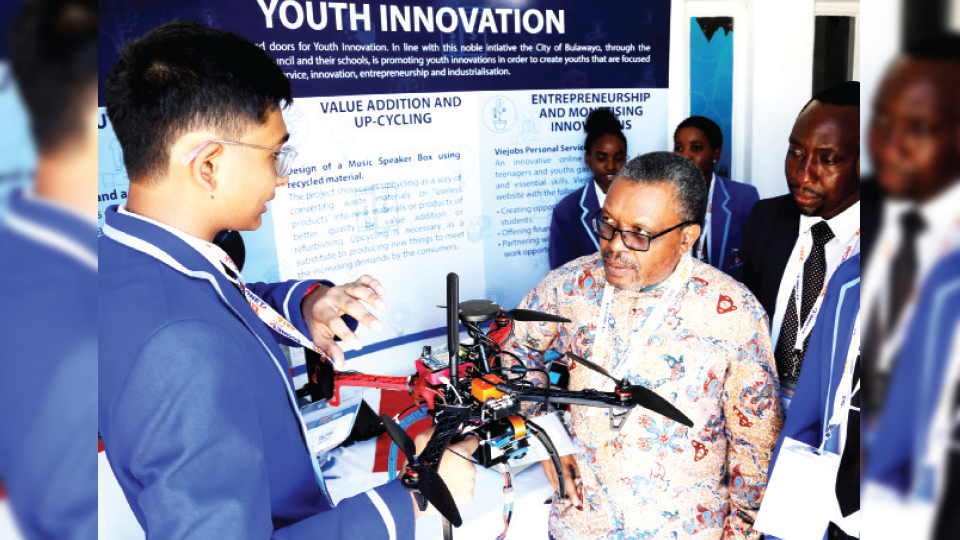Khami Dam plan reignites debate

Nqobile Tshili, Chronicle Reporter
Bulawayo City Council’s proposal to purify Khami Dam water for drinking has reignited the debate on the suitability of the water for domestic consumption with some residents flatly objecting the planned move.
Council is in the process of conducting a feasibility study on purification of the water for both domestic and commercial use.
The dam is full of Industrial and human waste.
The study is funded by the African Development Bank (AfDB) under the Bulawayo Water and Sewerage Services Improvement Project (BWSSIP) programme.
Bulawayo is facing a critical water shortage that authorities say could be the worst the city has ever experienced.
The local authority is implementing a 120-hour weekly water shedding exercise that it is struggling to maintain as some residents in high lying suburbs have gone for over a month without water.
Bulawayo largely relies on six supply dams; Insiza, Inyankuni, Mtshabezi, Umzingwane, Lower and Upper Ncema.
The council is expected to decommission Lower Ncema Dam before month-end, after decommissioning of Umzingwane and Upper Ncema dams last year.
The decommissioning of the dam will see Bulawayo losing 59 megalitres of water a day while it’s pumping about 130ML at the moment against a daily requirement of about 150ML.
Council is exploring other water sources for the city and Khami Dam is one of the options.
The local authority has said with advanced modern technology, recycled water from Khami Dam can meet World Health Organisation (WHO) drinking water standards.
The Bulawayo community has expressed mixed reactions over the proposed plan by the local authority.
Retired politician and former Minister of Water Resources Development and Management Dr Samuel Sipepa Nkomo yesterday said with the realities of climate change, Bulawayo residents should consider supporting the municipality’s plans on recycling water.
During his time as minister between 2009 and 2013 under the Government of National Unity, Dr Sipepa-Nkomo had proposed recycling of the water but residents came guns blazing against the idea.
“We need to support city council and Zinwa and Government in recycling that water for Bulawayo. Even to date, I think we can do it. We can use the Khami Dam as council has said because it is doable. Because during my time as minister of water I visited a number of countries, including countries in Africa. They recycle worse water than the Khami water. And I support what the city council is saying with regards to recycling water,” he said.
Dr Sipepa Nkomo said the water situation will not get better as Matabeleland South where the city’s dams are located hardly ever receives significant rains.
Environmental Management Agency (EMA) Bulawayo provincial manager Mr Decent Ndlovu said it was possible to recycle water for consumption.
“With climate change we need to come up with alternative solutions provided those solutions will be environmentally friendly. If the water is purified and the Minister of Health and Child Care certifies according to the World Health Organisation standards then there is no problem. When they do recycle, they should meet the standard,” said Mr Ndlovu.
He said recycling of water will be not peculiar to Bulawayo as other countries do it.
Association for Business Zimbabwe chief executive officer Mr Victor Nyoni said industry and commerce was not against the recycling of Khami Dam water.
“We will want the city council to convince us that whatever option that they decide to take, it should be able to supply us with clean usable water for both production and consumption.
“As you would know most of our products end up being consumed anyway so that water should be consumable.
“We are also interested in knowing that they are doing it in a cost-effective way. That is important because we are the ones who pay the bills,” said Mr Nyoni.
He said council should not be wasting time on feasibility studies as the water situation is dire but should dedicate finances to already existing projects that can readily bring water to the city.
“Maybe looking at broader issues, we think that city council must begin to think quite seriously as the water challenge has been with us for a very long time. We do not want a situation where each time we have dams running low, people start panicking touching on this dam, that dam. This is a thing that leadership in city council must solve. Perhaps, work with industry and bring to finality the water challenges in Matabeleland. We have year-in year-out, been talking about water but no solution has come. Honestly to even talk about feasibility study is a huge disappointment,” he said.
Bulawayo United Residents Association (BURA) chairman Mr Winos Dube said the residents’ position is very clear that they were against usage of recycled water.
He said even if Khami water is purified using advanced technologies the thought that the water is sewer-contaminated can upset the stomach.
Instead, Mr Dube said council should account for the money that residents contributed towards the duplication of Insiza Dam pipeline.
“The problem that we are having is that whenever the city receives rains, authorities forget about the water crisis. They start being heavily involved when we have a crisis. Residents have made their objections against recycling of Khami Dam water. It is my hope that council extensively consults with residents,” said Mr Dube.
“Residents were once told to contribute $1 each to enable council to duplicate the Insiza pipeline. We believe that money amounted to US$4 million.
“What happened to that money? We were initially told the money was later diverted to the Epping Forest project but we are not drawing water from that facility again.”
He said the city’s best water solution was underground water and council should take deliberate steps to ensure that the city draws water from that.-@nqotshili











Comments